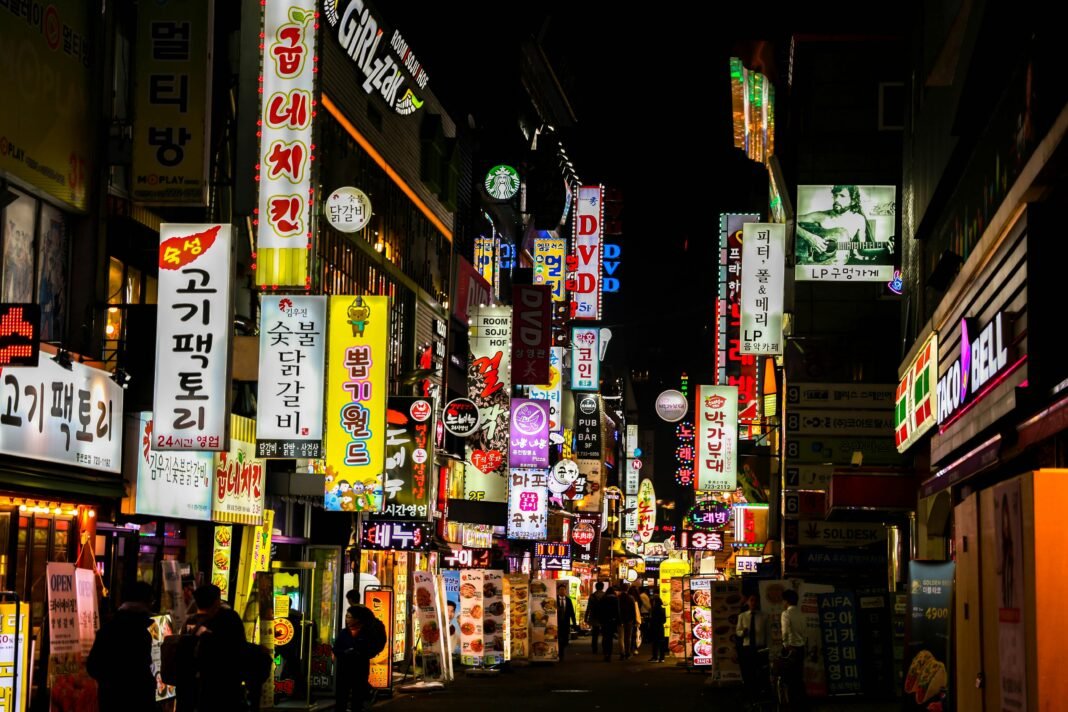On Tuesday evening, South Korean President Yoon Suk-yeol made the unexpected decision to declare martial law. This drastic move comes amid rising tensions with North Korea and a deepening domestic political crisis. While Yoon frames the measure as essential for safeguarding democratic order, it has sparked widespread criticism and raised concerns about its broader consequences.
Mounting Tensions with North Korea
The fragile relationship between North and South Korea has significantly deteriorated in recent months. Since the end of the Korean War in 1953, the two nations have remained in a state of war, as no formal peace treaty was ever signed. Recent developments have further strained ties. North Korea has launched ballistic missiles, destroyed parts of inter-Korean infrastructure, and declared South Korea a hostile state.
Adding to these provocations, North Korea has reportedly sent thousands of troops to Ukraine to support Russia, potentially gaining combat experience. Meanwhile, South Korea resumed joint military exercises with the United States, a practice suspended under Yoon’s predecessor Moon Jae-in. North Korea views these drills as provocations, escalating the already high tensions on the peninsula.
Domestic Political Crisis and Yoon’s Decision
Internally, South Korea is grappling with a political deadlock. The ruling People Power Party (PPP) and the opposition Democratic Party (DP) have been locked in an intensifying standoff. The DP, which holds a parliamentary majority, has blocked key government initiatives, including the national budget for the coming year. They have also pushed for investigations into corruption allegations involving Yoon’s close associates.
In his declaration, Yoon accused opposition members of harboring “pro-North Korean elements” and attempting to undermine the country’s constitutional order. He argued that martial law was necessary to neutralize these threats and restore the government’s ability to function effectively.
Measures Under Martial Law
Details about the enforcement of martial law remain limited, but initial reports indicate sweeping restrictions. All political activities, including parliamentary sessions, have been suspended. The military has sealed off the National Assembly building, preventing a planned special session. Public gatherings, strikes, and protests have been banned to curb what Yoon described as “social unrest.” Media outlets are subject to strict oversight, and medical personnel have been ordered to be on standby within 48 hours.
National and International Reactions
The declaration of martial law has drawn fierce criticism. Democratic Party leader Lee Jae-Myung condemned the measure as unconstitutional and warned that it empowers the military to arrest lawmakers under the guise of restoring order. Surprisingly, dissent has also emerged from within Yoon’s own party. PPP leaders have voiced opposition to the move, calling it a mistake that risks deepening the political crisis.
Globally, Yoon’s decision has raised alarm. Observers warn that martial law could heighten tensions with North Korea and further destabilize the Korean Peninsula.
Economic Impact and Stabilization Efforts
The martial law announcement has rattled South Korea’s financial markets. The central bank pledged to take measures to ensure market stability, while the finance ministry convened an emergency meeting with key economic leaders to assess the situation. Despite the political turmoil, reports suggest that the South Korean stock market will remain open as scheduled.
Conclusion
President Yoon’s decision to impose martial law marks a significant turning point in South Korea’s political and security landscape. Framed as a response to domestic paralysis and external threats, the measure has deepened internal divisions and drawn criticism from across the political spectrum. Its potential to exacerbate tensions with North Korea adds an international dimension to the unfolding crisis. While Yoon defends the move as necessary for preserving democratic order, its long-term consequences remain uncertain and fraught with risk.
